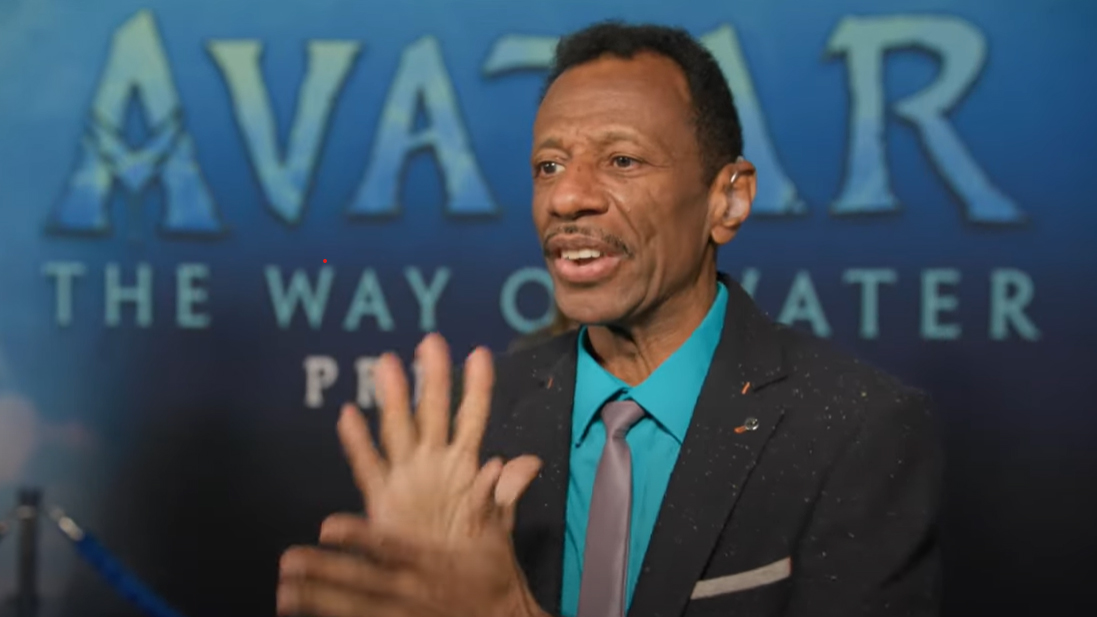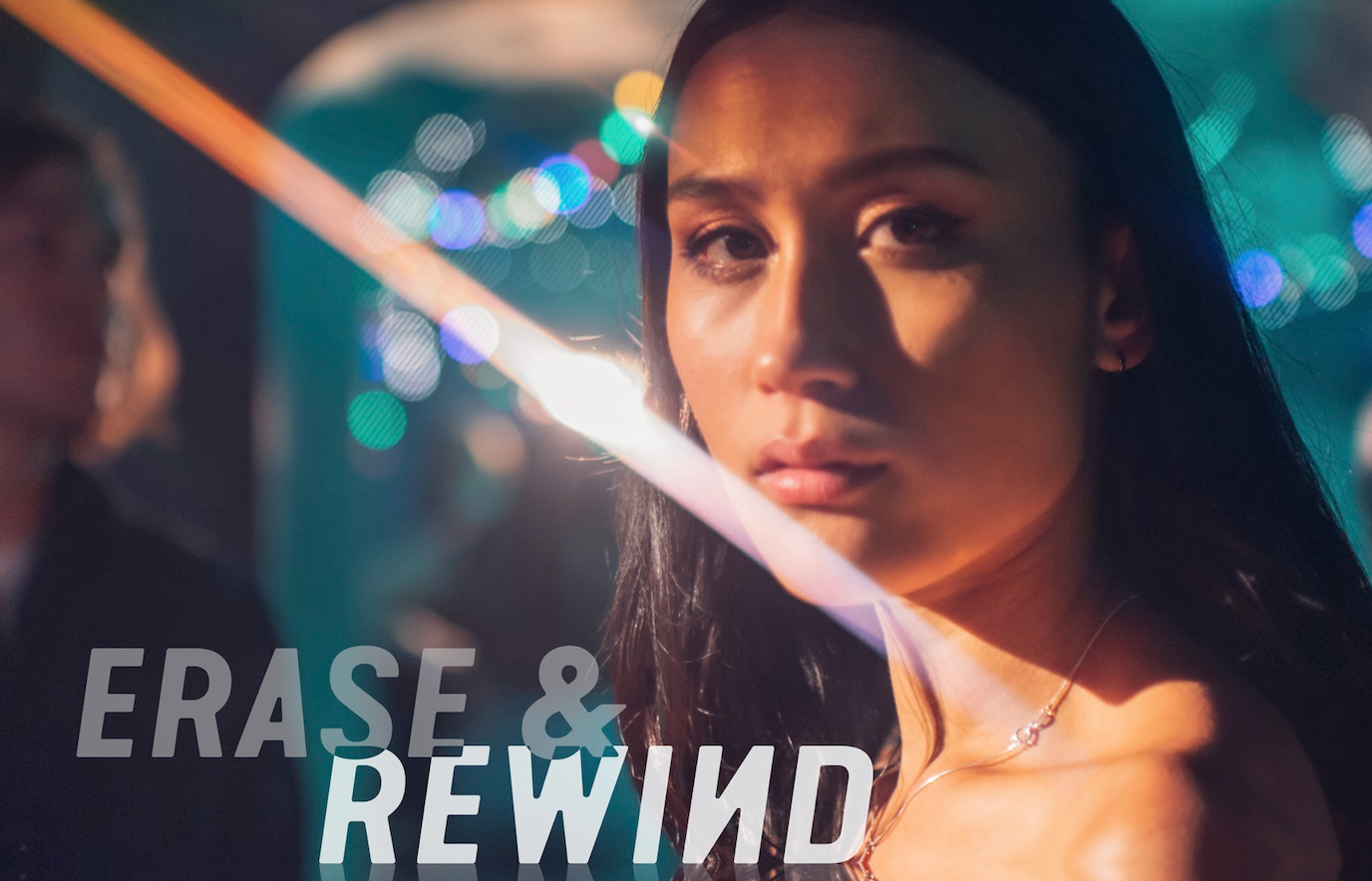
By Lori McMullen
Marjory Stoneman Douglas died on May 14, 1998 at the age of 108. She was, even in her later years, the boldest environmental activist you likely know nothing about. Over the course of her long life, she was also a short story writer, novelist, journalist, feminist, and champion for improved living conditions in Miami’s minority neighborhoods.
Secretly, I think of her as a romance writer as well – her seminal work, ‘Everglades: River of Grass’, published in 1947, is at heart a love story, a river of words filled with the kind of nuance, detail, and profound observation that only one who is utterly besotted could write. Through this work, Marjory made her greatest impact on the South Florida wetlands and, perhaps inadvertently, entwined forever her life and the life of that ancient, enigmatic ecosystem.
In the reckless and poorly-planned policies of mid-century Florida lawmakers, Marjory saw an existential threat to the delicate Everglades wetlands. Webs of drainage canals created somewhat usable and occasionally profitable acreage for developers and big agriculture, but the diversions also left groundwater over-salinated, disrupted the tender balance between dry seasons and wet, and permanently altered the primordial flow of water across the central and southern parts of the state. The Everglades were not simply threatened by these intrusions; The Everglades, as Marjory wrote, were dying.
More than seventy years have passed since Marjory warned in ‘River of Grass’ that the Everglades was in its eleventh hour. Her words and her actions propelled a movement that has enabled this critical ecosystem to endure and to avoid, though just barely, complete destruction.
Marjory’s warning of the land’s final hour is equally urgent today, though now the call must be louder, and the redress faster, because it is no longer only South Floridians facing the death of their Everglades. Today, the sustainability of the entire planet is at risk, and all of humanity is poised to suffer. Even so – collectively, and in any significant measure – we do nothing. Data-based projections put forth by scientists from around the world have not been enough to trigger real change.
Impassioned pleas of young advocates, most notably Greta Thunberg, have been ignored, or even mocked, by world leaders. Harvard psychologist Daniel Gilbert offers an explanation for this inaction based on our minds’ perception of the nature of the climate change threat – climate change itself is neither intentional, imminent, immoral, nor instantaneous, and the lack of these features inhibits our response to the issue.

Marjory Stoneman Douglas in 1986 | Image: State Archives of Florida 
Marjory Stoneman Douglas in 1985 | Image: State Archives of Florida
So what, if anything, will galvanize a response to climate change’s threat to life on earth? Perhaps we should look once again to Marjory Stoneman Douglas for an answer.
I believe Marjory’s profound concern for the Everglades came not only from a sense of intellectual and moral obligation but also from a deep, perhaps even sub-conscious, empathy that bound her to the cause. Through the tragedies and darkness in her own early life, Marjory understood how the land must have felt as it faced obliteration, and she fought tirelessly to save them both. She intimately knew, through estrangement from her father as a child, feelings of insecurity and doubt. From her mother’s retreat into madness, Marjory understood what it meant for someone, or something, to be fundamentally altered and lost.
As an adult, an impulsive marriage to a shifty grifter thirty years her senior forced Marjory to question the fundamentals of her identity, and the recurring possibility of her own mental breakdown loitered at the edge of her life as a perpetual threat. These life experiences informed Marjory’s compassion for the vulnerable Everglades. They turned an abstract concept into a very personal understanding.
Of course, the effects of climate change – more intense hurricanes, wildfires, and flooding, to name just a few – can make an abstract threat tragically personal, but I’m looking to Marjory for a different kind of personalization. Perhaps it’s more of a projection or personification. Because if we can see – I mean really see, as Marjory did – the dangers in our own lives replicated in the fate of our environment, we might be able to turn empathy into action.
A cancer scare that makes us more attuned to the harm caused by invasive species; a burst pipe that brings new appreciation for the implications of melting ice caps; the loss of a loved one that reminds us that once something unique is gone, it can never be replaced. Marjory, I believe, would urge us to find the humanity in our surroundings, and then put our hearts and souls into protecting it.


Lori McMullen grew up in unincorporated Dade County, outside of Miami. Growing up, her family took an annual trip to the west coast of Florida. McMullen was inspired by the scenic drive along Route 41, a two-lane, pot-hole ridden stretch of road that bisected Everglades National Park and Big Cypress National Preserve. South Florida found its way into her heart and into her writing, even after she left Miami to attend Dartmouth College and Harvard Law School. McMullen currently lives with her husband and three daughters in Chicago. Her short stories have been featured in the Tampa Review and Slush Pile magazine. “Among the Beautiful Beasts” (2021) is her first novel. For more information on her work you can visit: https://www.lorimcmullen.com/
















